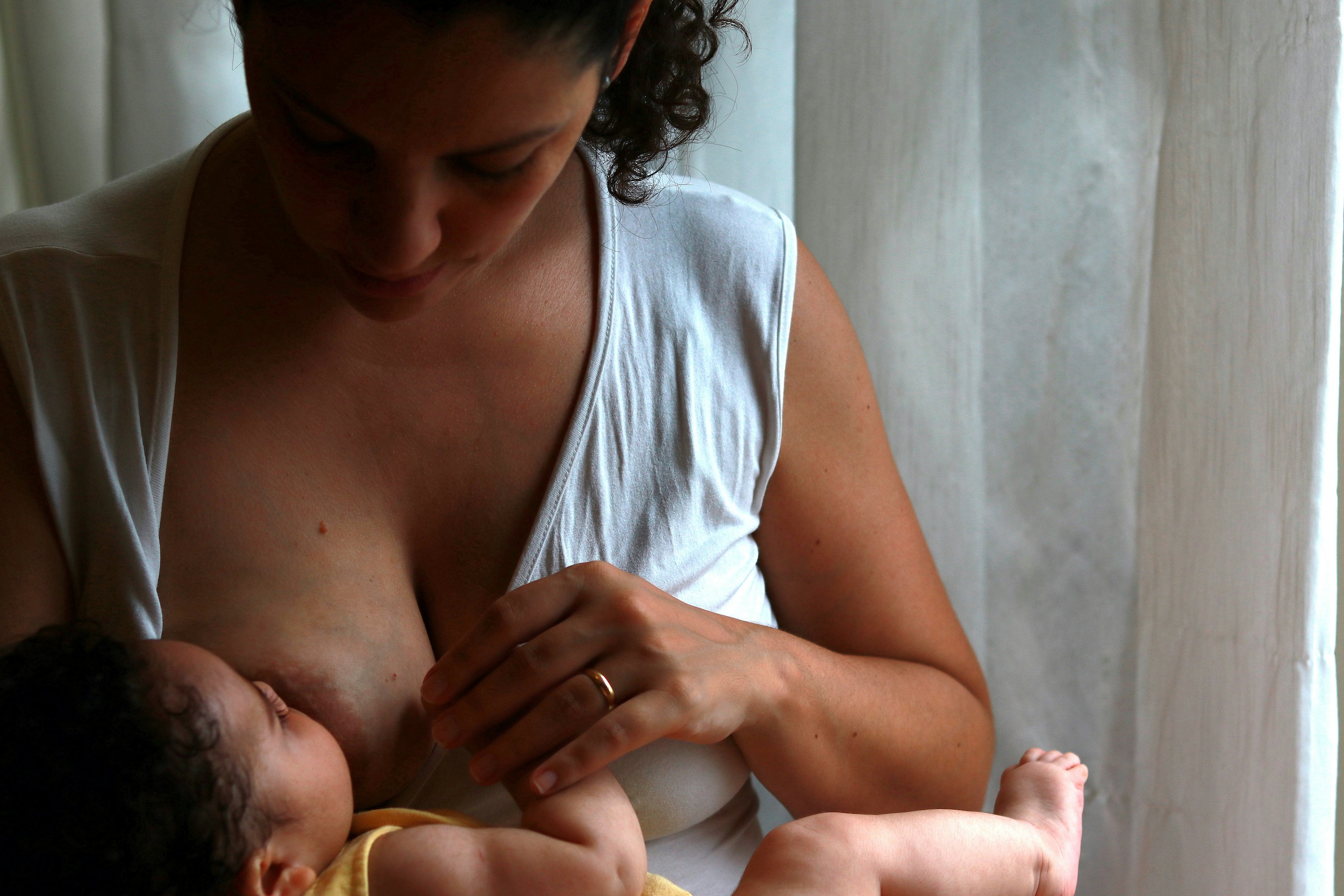
"This year's theme centers unity, solidarity, and hope, and celebrates the strength and determination of the organizations and advocates committed to advancing policy, systems, and environmental change in the First Food field and improving access to human milk." —U.S. Breastfeeding Committee on National Breastfeeding Month 2025
When we think about breastfeeding support, we often focus on the immediate impact: helping one parent and baby succeed in their feeding journey. But research reveals something far more profound—supporting one breastfeeding parent creates waves of change that extend throughout entire communities. This phenomenon, which we can call the "ripple effect," demonstrates that individual support is a community investment.
At Nest Collaborative, our International Board Certified Lactation Consultants witness these ripple effects daily in our telehealth practice. When we provide comprehensive, culturally competent support to one family, we often see the impact extend far beyond that initial consultation. Parents share evidence-based information with their networks, employers implement better lactation policies after hearing success stories, and healthcare providers adopt new approaches based on collaborative care models. Our commitment to serving ALL families—regardless of race, ethnicity, language, sexual orientation, gender identity, age, or disability—means these ripples reach diverse communities where support has historically been limited.
This August, as we observe National Breastfeeding Month under the theme "Forward Together," it's the perfect time to examine how individual acts of support create measurable, lasting changes that strengthen our communities from the inside out.
Research consistently shows that breastfeeding support creates measurable benefits that extend beyond the nursing dyad. When workplace lactation programs are implemented, studies document improved outcomes not just for participating employees, but for entire organizational cultures and surrounding business communities.
A systematic review published in the International Journal for Equity in Health found that workplace breastfeeding interventions don't just help individual mothers—they create "cascade effects" throughout organizations and industries. Research shows that workplace lactation interventions increase breastfeeding initiation, duration, and exclusive breastfeeding.
The economic ripples are equally compelling. Research shows that providing a workplace lactation support program can improve a company's return on investment by saving money in health care and employee expenses. These cost savings occur through reduced employee turnover, decreased absenteeism, and lower healthcare utilization—benefits that strengthen the entire organization's financial health.
When employers invest in breastfeeding support, the benefits extend far beyond individual employees. Research suggests that to encourage and increase the rate of continued breastfeeding, workplaces should establish dedicated breastfeeding rooms and maintain a comfortable, clean environment, with employers providing encouragement and support for working mothers. In fact, under the PUMP Act—signed into law in 2022—employers are legally required to provide reasonable break time for employees to express breast milk and a private, non-bathroom space for pumping.
But the impact doesn't stop at company boundaries. A realist review published in 2021 found that successful workplace lactation programs often inspire other employers in the same industry or geographic area to implement similar policies, creating regional improvements in breastfeeding support infrastructure.
The Baby-Friendly Hospital Initiative provides, perhaps, the clearest example of how individual support creates community-wide change. Baby-Friendly designated hospitals in the United States have some of the highest rates of breastfeeding initiation and exclusivity, with elevated rates persisting regardless of demographic factors that are traditionally linked with low breastfeeding rates.
The ripple effect extends beyond hospital walls. Over the past 15 years, while the percentage of facilities in the US that are Baby-Friendly designated increased from less than 5% to more than 20%, the percentage of babies "ever breastfed" increased from 74% to 82%. This demonstrates how improvements in hospital practices create region-wide improvements in breastfeeding outcomes.
A systematic review of Baby-Friendly implementation found that the initiative's impact extends to community healthcare providers, who adopt similar evidence-based practices and create networks of consistent support for breastfeeding families.
Improved breastfeeding practices have the potential to save the lives of over 823,000 children under 5 years old globally every year. This finding, from a major study published in The Lancet and referenced in multiple systematic reviews, demonstrates the profound population-level impact of breastfeeding support. When communities witness these health improvements, it creates positive feedback loops that encourage further investment in breastfeeding support.
Research shows that living in communities with more breastfeeding resources is associated with better health outcomes, including lower obesity levels and lower prevalence of childhood diseases. Areas with stronger breastfeeding support infrastructure see improvements that benefit all families, not just those directly using services. These include reduced healthcare costs, stronger social networks among parents, and improved overall maternal and child health outcomes at the population level.
One of the most significant ripple effects comes from peer-to-peer support networks. When parents receive breastfeeding support, they often become informal advocates and resources for other families in their networks. This creates an exponential impact that extends far beyond formal healthcare or workplace programs.
Studies consistently show that peer support programs don't just help the families they directly serve, they strengthen social networks and create communities of informed advocates who continue supporting other families long after their own breastfeeding journeys end.
Individual stories of need and success often become the catalyst for policy changes that benefit entire populations. The passage of the PUMP Act, which expanded workplace lactation protections, was driven by countless individual stories of parents who needed better support. It demonstrates how personal advocacy creates lasting systemic change.
When parents advocate for their own needs—whether requesting better lactation facilities, or pushing for insurance coverage of lactation support—they often create lasting changes that benefit all families who come after them.
Understanding the ripple effect empowers all of us to create meaningful change through our daily actions:
As we celebrate National Breastfeeding Month 2025, the theme "Forward Together" reminds us that individual support and community change are interconnected. Every lactation consultation, every workplace accommodation, every encouraging word to a struggling parent, and every policy change creates ripples that extend far beyond what we can immediately see.
The research is clear: when we support one breastfeeding parent, we're not just helping one family succeed—we're contributing to measurable improvements in workplace cultures, healthcare systems, and community health outcomes. These individual acts of support accumulate into a collective impact that makes breastfeeding more achievable and sustainable for everyone.
This month, as we focus on the unity, solidarity, and hope that characterize the breastfeeding support community, let's remember that our individual actions matter because they create ripples. The workplace that installs a lactation room today influences other employers tomorrow. The healthcare provider who offers excellent support creates a standard that spreads throughout their network. The parent who advocates for better policies opens doors for countless families who follow.
At Nest Collaborative, we see ourselves as part of this ripple effect every day. When we provide on-demand, virtual lactation support that's accessible through most insurance plans, we're not just helping individual families—we're demonstrating that comprehensive, inclusive breastfeeding support can be both accessible and sustainable. Our diverse team of IBCLCs, including bilingual service providers, creates ripples that reach underserved communities and help normalize getting professional lactation support for all families.
Together, these ripples become waves of change that carry our communities toward a future where all families have the support they need to meet their feeding goals. The next time you have the opportunity to support a breastfeeding parent—whether through professional services, policy advocacy, or simply offering encouragement—remember that you're not just helping one family. You're creating ripples that will strengthen your entire community, one wave at a time.
Ready to be part of the ripple effect? Whether you're expecting, currently breastfeeding, or supporting someone who is, Nest Collaborative is here to help. Our team provides evidence-based, culturally competent care seven days a week through convenient telehealth appointments. Visit nestcollaborative.com to schedule an appointment or learn more about how we're working to shift the paradigm and provide the best care for ALL families.
Victora, C. G., Bahl, R., Barros, A. J., França, G. V., Horton, S., Krasevec, J., ... & Rollins, N. C. (2016). Breastfeeding in the 21st century: epidemiology, mechanisms, and lifelong effect. The Lancet, 387(10017), 475-490. https://doi.org/10.1016/S0140-6736(15)01024-7
